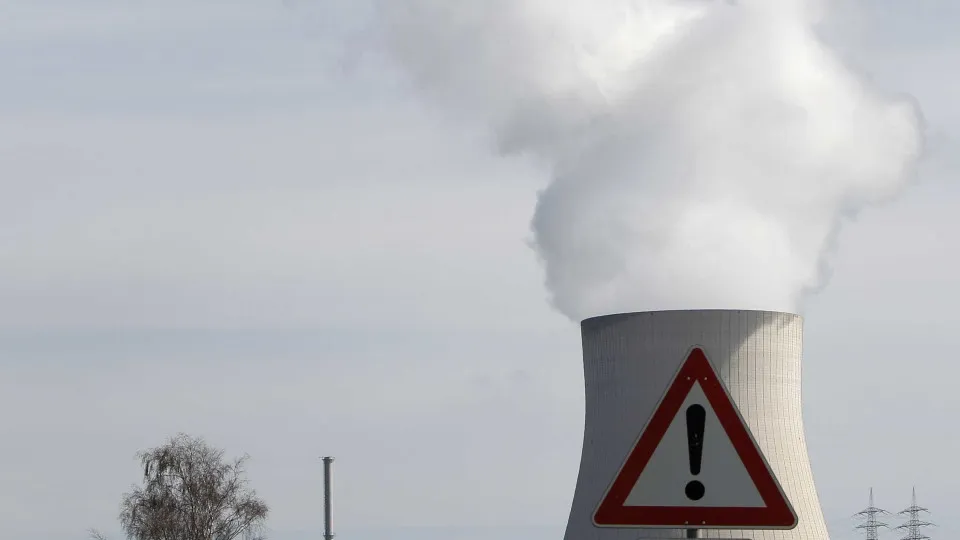
The Infocursos portal now provides comprehensive data for young people applying to higher education, covering over six thousand courses, including undergraduate, master’s, and professional technical courses.
The Directorate-General for Education and Science Statistics (DGEEC) reviewed the percentage of graduates who sought assistance from the Institute of Employment and Vocational Training (IEFP) after completing their degrees. By the end of 2023, fewer graduates needed this support compared to the previous year.
For graduates from public institutions, the rate was 2.4%, marking a 0.7 percentage point decrease within a year. For newly graduated students from private institutions, the rate stood at 2.5%, a reduction of 1.2 percentage points from the previous year.
Despite a national unemployment rate of 6.5%, the data reaffirms that higher education remains a strong defense against unemployment, with fewer graduates registering at employment centers.
A study of over a thousand bachelor’s and integrated master’s degrees found 87 courses with zero unemployment rates. Over ten thousand graduates who completed these courses did not register for unemployment services. Health-related fields were prominently represented, alongside various teaching courses.
Medical courses in several faculties across the country and the Law course at the Catholic University stand out for maintaining a zero unemployment rate for their numerous graduates. The Music course at the School of Arts of the University of Évora also showed positive results, along with Biology at the Higher Institute of Agronomy of the University of Lisbon and Sports at the Higher School of Education of the Polytechnic Institute of Setúbal.
The national report ‘Annual Education Balance 2025’ unveiled that higher qualification correlates with better salaries and easier employment opportunities. Holding a master’s degree means earning approximately 80% more than someone with only a high school diploma, according to the study by Edulog.
However, some courses do not guarantee these benefits, with an analysis identifying 80 courses with unemployment rates exceeding the national average of 6.5% in 2023. In these courses—78 bachelor’s and two master’s degrees—8,665 students graduated, mostly from public institutions (59 public vs. 21 private).
The majority of the 80 courses with higher IEFP registration rates are offered at polytechnic institutes (48), with the Social Work course at the Catholic University recording the highest unemployment rate.
Infocursos provides diverse information on over six thousand programs in Portugal, serving as a resource for students aiming to enter higher education. Applications for the next academic year, 2025/2026, take place from July 21 to August 4, with results announced on August 24.




